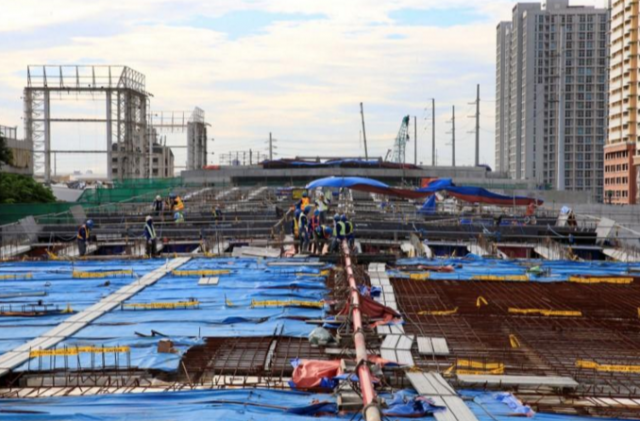MANILA – A plan to certify steel plants abroad and treat them as if they are local manufacturers could spell public safety risks to Philippine consumers, according to local steel companies who are asking the government to reconsider.
If pursued, the plan might flood the local market with untested steel products that could end up in homes and structures built by small contractors for the poor and the middle class, the Philippine Iron and Steel Institute (PISI) said in a letter to acting Bureau of Philippine Standards chief Ernesto Perez.
The Philippines used about 4.7 million metric tons of steel products covered by three quality certifications last year. Some 3 million metric tons were sold to the reseller market, while the rest went to corporate customers, including big contractors like DMCI and EEI.
PISI warned that while corporate customers test every truckload of delivery of one sample per size, per grade of steel products, the reseller market does not test at all.
“This is an incongruity that must be addressed by the government since the ultimate customers in the reseller market are the small contractors and poor to middle-class Filipino home builders and owners,” the group said.
“This is the market that is being targeted by importers and traders – the least informed and unguarded sectors of our society,” it added.
PISI said the Philippines should learn from Malaysia’s experience, which granted certification to four Chinese rebar manufacturing companies.
The certification logo was used by other foreign manufacturing plants that did not undergo the certification process which exported substandard steel products to Malaysia, creating havoc in that market.
Among the Philippines’ other ASEAN neighbors, Indonesia, Thailand and Vietnam do not certify steel mills abroad.
PISI also pointed out that it will be difficult to pursue liabilities against steel mills abroad, as these outfits have neither the staff nor assets in the Philippines that consumers and the government can go after.
Granting certification to foreign steel manufacturing plants will likewise jeopardize the business viability of local manufacturers, said the group.
PISI said foreign companies enjoy various forms of state subsidies in their countries. Giving them an opening “will discourage local and foreign investments in the local steel industry”, it said.
“The overall impact, therefore, is tantamount to exporting jobs abroad, a deplorable situation considering our high unemployment of around 2. 4million and under-employment affecting around 10 million Filipinos,” it said.










